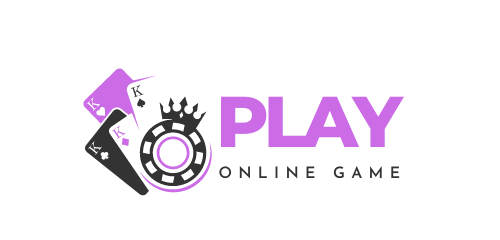Dallas, Texas, is home to a variety of drug rehabilitation centers that cater to individuals seeking recovery from substance abuse. Whether you’re looking for inpatient care, outpatient services, or specialized programs, Dallas offers a range of options designed to support your journey to sobriety. Here’s a comprehensive guide to drug rehabilitation in Dallas, highlighting key aspects to consider when choosing the right facility for your needs.
Types of Drug Rehabilitation Programs
- Inpatient Rehabilitation: Inpatient or dallas drug rehabilitation residential rehabilitation provides a structured environment where individuals live at the facility for the duration of their treatment. This type of program is ideal for those who need a high level of care and support. Dallas has several reputable inpatient rehab centers that offer medical detox, therapy, and 24/7 support.
- Outpatient Rehabilitation: Outpatient programs allow individuals to receive treatment while living at home. These programs are more flexible and can be a good option for those with less severe addictions or those who have completed an inpatient program. Dallas offers various outpatient options, including partial hospitalization programs (PHP) and intensive outpatient programs (IOP).
- Detoxification Services: Detoxification is often the first step in drug rehabilitation, focusing on safely managing withdrawal symptoms. Dallas centers provide medical detox services to help individuals transition through the initial stages of recovery with medical supervision.
- Specialized Programs: Some Dallas rehab centers offer specialized programs tailored to specific needs, such as dual diagnosis treatment for co-occurring mental health disorders, programs for veterans, and gender-specific treatment options.
Key Features to Consider
- Accreditation and Licensing: Ensure that the rehabilitation center you choose is accredited by reputable organizations such as the Joint Commission or the Commission on Accreditation of Rehabilitation Facilities (CARF). This ensures that the facility meets high standards of care and professionalism.
- Qualified Staff: Look for centers with a team of licensed and experienced professionals, including addiction counselors, medical doctors, psychologists, and social workers. A multidisciplinary approach often leads to better treatment outcomes.
- Evidence-Based Therapies: Effective drug rehabilitation programs use evidence-based therapies such as Cognitive Behavioral Therapy (CBT), Motivational Interviewing (MI), and 12-Step Facilitation. These therapies have been proven to be effective in treating substance abuse.
- Aftercare Support: Recovery doesn’t end after the initial treatment. Good rehab centers in Dallas offer aftercare programs, including support groups, ongoing counseling, and relapse prevention strategies, to help individuals maintain their sobriety long-term.
- Insurance and Payment Options: Check if the rehab center accepts your insurance or offers payment plans. Many facilities work with insurance providers to make treatment more accessible.
Top Drug Rehabilitation Centers in Dallas
- Dallas Addiction Treatment Center: Offers a comprehensive range of services, including medical detox, inpatient and outpatient care, and specialized programs for co-occurring disorders.
- The Right Step Dallas: Provides personalized treatment plans with a focus on evidence-based therapies and a supportive, therapeutic environment.
- Addiction Recovery Institute: Known for its holistic approach, combining traditional therapies with alternative treatments like yoga and meditation.
- Pinnacle Recovery Center: Offers a full continuum of care from detox to aftercare, with a focus on individualized treatment plans and family involvement.
- Recovery First Treatment Center: Provides a range of programs including intensive outpatient care and residential treatment, with a focus on long-term recovery and support.
Conclusion
Finding the right drug rehabilitation center in Dallas is a crucial step towards achieving lasting recovery. By considering the types of programs available, evaluating key features, and researching top facilities, you can make an informed decision that supports your path to sobriety. Remember, seeking help is the first step towards a healthier, drug-free life.
